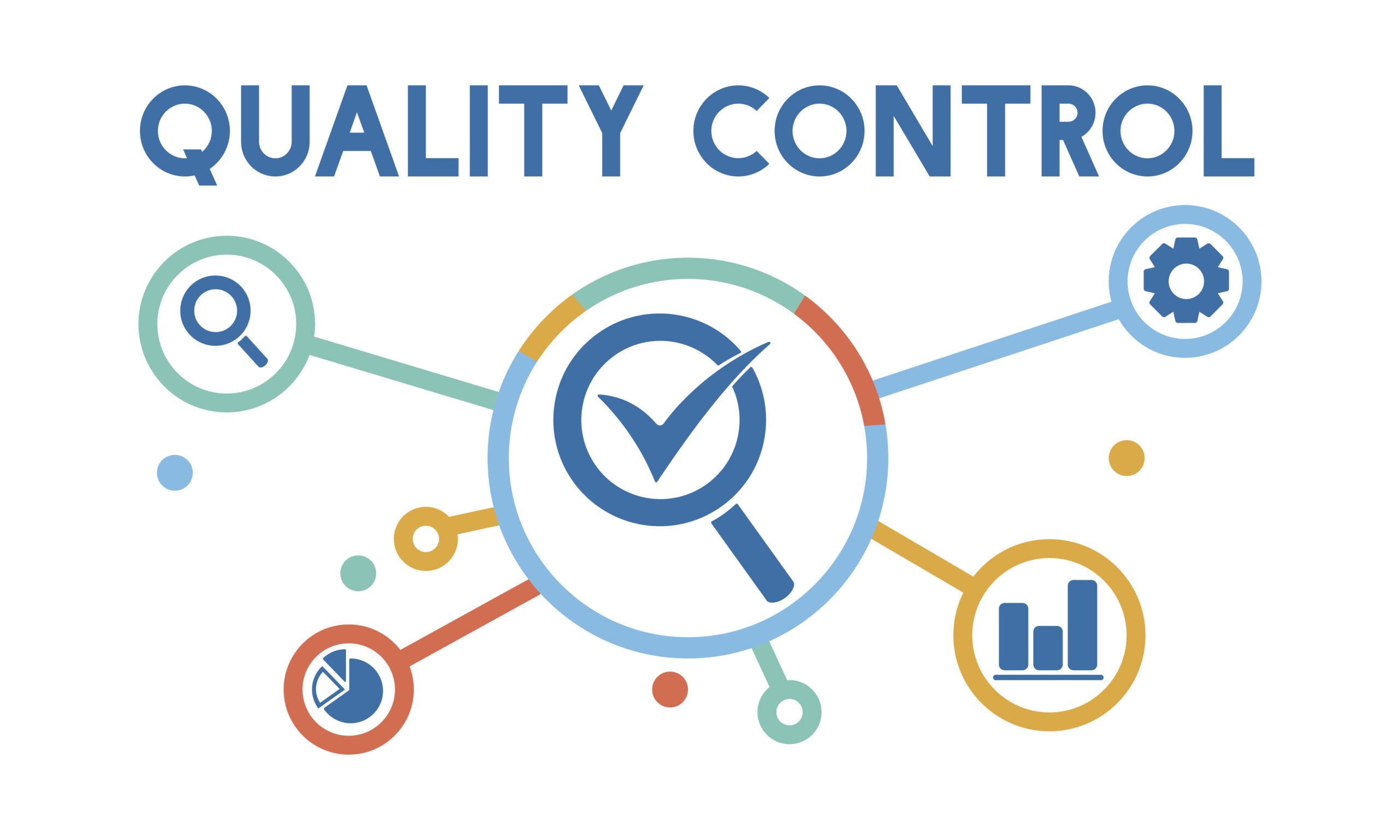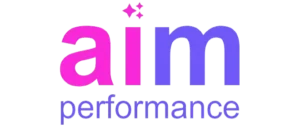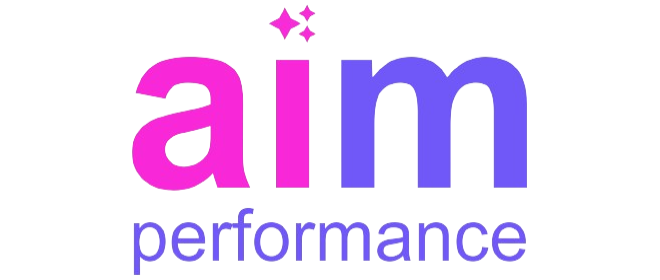Quality control is a critical element in industries that rely heavily on blue-collar workforce. Whether in manufacturing, construction, or logistics, ensuring quality is vital for maintaining operational efficiency, reducing errors, and satisfying customers. Performance management plays a key role in enhancing quality control by improving processes, providing feedback, and ensuring accountability. In this blog, we will explore how performance management can positively impact quality control within the blue-collar workforce.
Setting Clear Quality Standards
Performance management begins by defining what “quality” means for the organization. For the blue-collar workforce, clear and measurable quality standards need to be established to avoid confusion. Setting these standards helps employees understand the expectations placed on them, whether it’s precision in assembly, adherence to safety guidelines, or meeting deadlines.
With clear expectations, performance management ensures that these quality standards are communicated effectively. Blue-collar workforce often engage in physically demanding tasks, so breaking down complex quality metrics into easy-to-understand steps is essential. Performance management helps supervisors provide specific examples of what quality work looks like, helping employees know the level they must achieve.
Continuous Monitoring and Feedback
Quality control is not a one-time event but a continuous process that requires ongoing monitoring. Through performance management, supervisors can track real-time progress against quality benchmarks. Automated systems can flag potential issues early on, allowing immediate corrective action.
Performance management also emphasizes regular feedback. Supervisors can provide constructive feedback based on employees performance in relation to quality standards. Blue-collar workforce benefit greatly from direct, actionable advice, as it allows them to correct mistakes and improve. Continuous monitoring combined with consistent feedback helps maintain a high standard of quality throughout the production process.
Identifying and Addressing Skill Gaps
One of the key benefits of performance management is its ability to identify skill gaps that may affect quality control. Often, blue-collar employees are required to operate specialized machinery, handle hazardous materials, or execute precise movements. When these tasks are not performed correctly, quality suffers.
Through performance evaluations, management can identify areas where employees are struggling. This could be due to inadequate training or a mismatch between the employee’s skill set and the job’s requirements. Performance management helps address these issues by guiding training and development programs that are tailored to the blue-collar workforce. Improved skills translate directly to better quality control.
Encouraging Accountability and Ownership
Accountability is a cornerstone of any successful quality control system. Performance management ensures that every blue-collar workforce understands their responsibility in the quality chain. By holding employees accountable for their work, management fosters a sense of ownership over the final product or service.
When blue-collar employees feel responsible for quality, they are more likely to take proactive measures to avoid errors. Performance management systems can tie accountability to measurable outcomes, such as defect rates or customer complaints, making it easier to pinpoint where improvements are needed. This fosters a culture of responsibility that drives overall quality.
Leveraging Data for Decision-Making
Performance management systems often involve collecting a wealth of data related to employee performance and operational efficiency. For blue-collar workforce, this data can be invaluable in identifying trends, bottlenecks, and areas for improvement in quality control.
Using data analytics, management can make informed decisions about workflow adjustments, staffing needs, and process improvements. By continuously evaluating performance data, companies can reduce errors and streamline operations. Performance management ensures that this data is not only collected but also utilized effectively to enhance quality control efforts.
Boosting Motivation through Recognition
Blue-collar workforce, like all employees, respond positively to recognition and rewards. Performance management can help create recognition programs that reward employees for consistently meeting or exceeding quality standards. Recognizing the efforts of blue-collar employees not only boosts morale but also incentivizes them to maintain high levels of quality in their work.
Whether it’s public acknowledgment, financial bonuses, or career advancement opportunities, performance management provides the framework to offer fair and meaningful recognition. This motivates employees to take pride in their craftsmanship, which in turn raises the overall quality of output.
Streamlining Communication Channels
Effective communication is essential for quality control, especially in fast-paced environments with a blue-collar workforce. Performance management helps streamline communication by setting up clear channels between supervisors and employees. Regular check-ins, feedback loops, and progress reports ensure that quality-related issues are addressed promptly.
By making communication a central element of performance management, supervisors can quickly identify and resolve problems that might affect quality. This reduces the likelihood of misunderstandings and ensures that employees are always aware of quality expectations and any changes in protocols.
Aligning Individual Goals with Organizational Objectives
One of the main purposes of performance management is to align individual goals with broader organizational objectives. In the context of blue-collar workforce, this means ensuring that employees’ daily tasks are closely tied to quality control initiatives. By aligning personal performance metrics with company-wide quality goals, performance management helps employees see how their contributions affect the larger picture.
When employees understand how their actions impact overall quality, they are more likely to stay engaged and focused on maintaining high standards. This alignment fosters a more unified workforce that is committed to upholding quality at every step of the production process.
Adapting to Changing Industry Standards
Industries employing blue-collar employees are often subject to changing regulations, safety standards, and technological advancements. Performance management systems can help companies stay ahead by quickly adapting to these changes. Through regular performance reviews and training updates, blue-collar employees can be kept informed of new quality standards or best practices.
By ensuring that employees are up to date on the latest industry trends, performance management helps maintain consistent quality even in the face of change. This flexibility allows companies to respond to new challenges without compromising their commitment to quality control.
Conclusion
In summary, performance management plays a pivotal role in enhancing quality control for the blue-collar workforce. By setting clear quality standards, continuously monitoring performance, and providing regular feedback, companies can ensure that their employees meet and exceed expectations. Additionally, identifying skill gaps, promoting accountability, and leveraging data for informed decision-making contribute to a robust quality control system.
Motivating employees through recognition and streamlining communication channels further strengthens the focus on quality. Aligning individual goals with organizational objectives ensures that every employee is working toward the same quality benchmarks, while adaptability to changing industry standards keeps operations smooth and compliant.
Incorporating performance management into quality control processes helps businesses achieve higher efficiency, reduce errors, and maintain customer satisfaction, ensuring long-term success in highly competitive industries.











